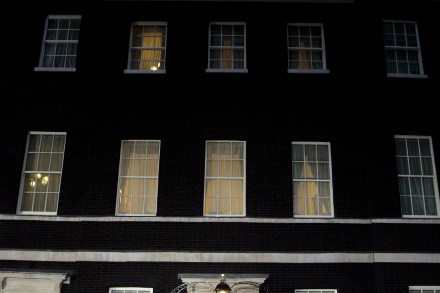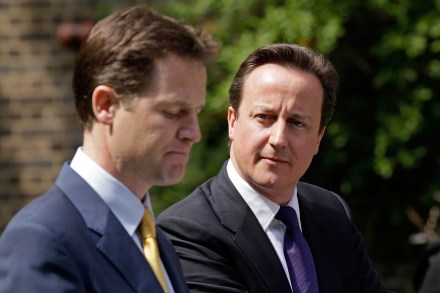Let the reforms begin today
David Cameron and Nick Clegg want their coalition government to be seen as a reforming government. They can begin showing their seriousness today, as they fill out the junior ministerial posts in their government. Rather than appoint a slew of ministers, parliamentary secretaries etc, they should keep to one Secretary of State and one junior minister for each Department. Don’t listen to me; take the advice of such radicals as Sir John Major and Lord Douglas Hurd, who wrote in The Times in June 2009: “There are too many ministers. The total could be reduced by about a third. Only Cabinet ministers need parliamentary private secretaries. The Treasury should remain


















